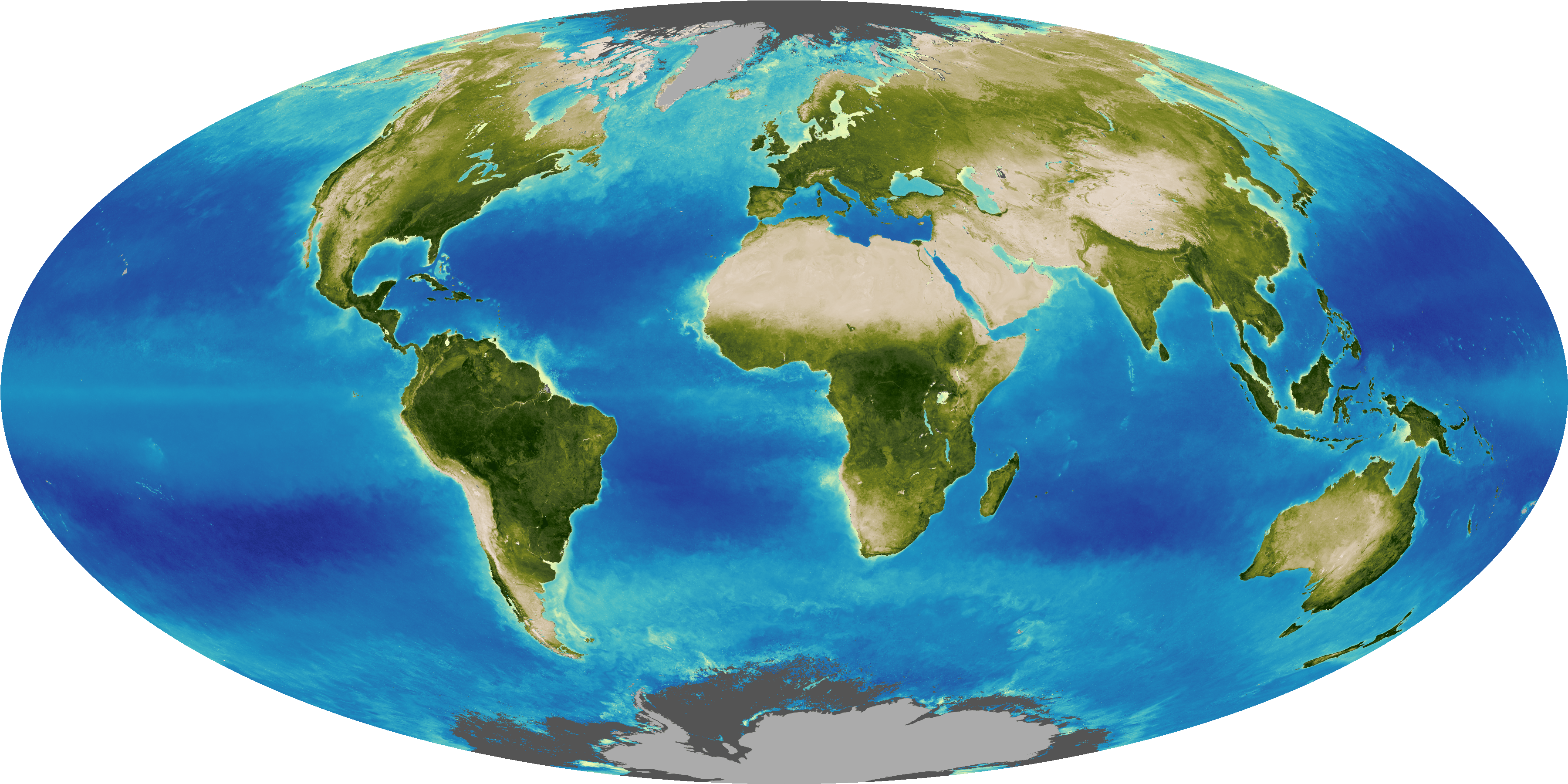1 min read

April and May 2016 set new global temperature records for those two months, continuing a trend of the previous six months, according to NASA’s Goddard Institute for Space Studies (GISS).
The global temperature for April was 1.96 °F (1.09 °C) warmer than the average for April from 1951 to 1980, which is used as a base period. The global temperature for May was 1.67 °F (0.93 °C) warmer than the May base period.
Every month since October 2015 has broken the record for that month. GISS director Gavin Schmidt estimated a greater than 99 percent probability that 2016 as a whole will set a new heat record.
However, it is unlikely that this streak of record-breaking months will last much longer because those months owe their extra-high temperatures to El Niño. With that phenomenon gone for now, it is unlikely that the next several months will be chart-toppers.
But even if it doesn’t set records in the near term, the ever-increasing concentration of greenhouse gases in the atmosphere is gradually heating the planet. GISS scientist Reto Ruedy estimates that this slow and steady global warming will catch up with the El Niño spike we just experienced in about 10 to 15 years.







